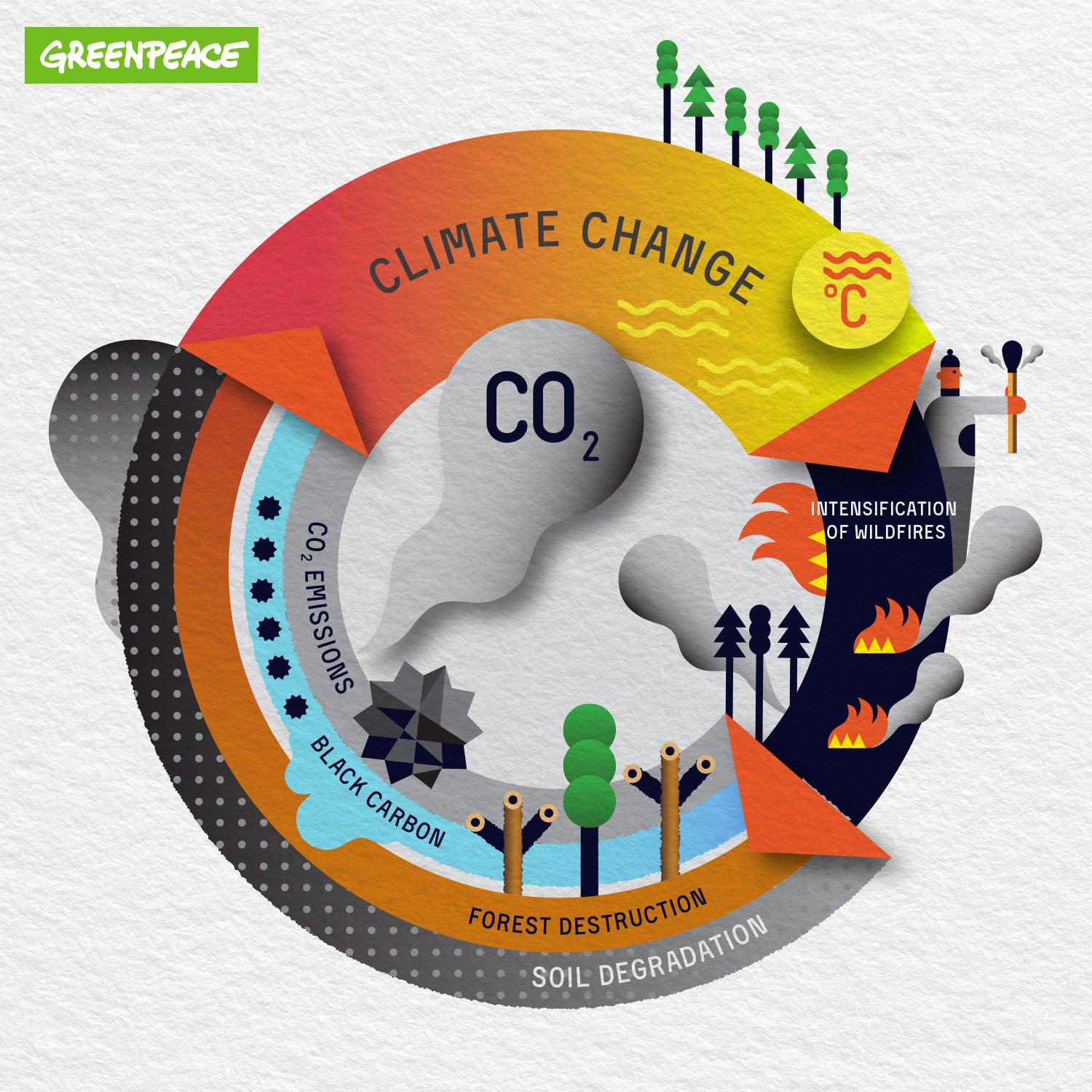Global Warming and Wildfires
- ScienceNerd14

- Aug 25, 2019
- 1 min read
Global warming hurts the environment and the Earth itself. And sometimes, even its effects can hurt the environment even more.
Wildfires definitely fit this category.
If the world is warmer, it leads to more wildfires. With the increased amount of greenhouse gas emissions, we will have more issues with global warming and climate change. Not to mention the effects that come with these things.
In drying forests and causing more droughts, humans have increased the amount of area susceptible to wildfires.
As humans deforest areas and move into wildland areas to build communities, it increases the likelihood of fires and their devastation.
As temperatures increase as well as droughts, the fires will just burn bigger and longer.
However, wildfires are not only caused by climate change, but they can actually cause climate change.
Extreme amounts of carbon can be emitted from the land that is burned during wildfires.
Just last year in California, fires burned for long amounts of time, doing extreme damage. This is an effect that we are facing now.
As forests are destroyed from wildfires and deforestation, we are declining in replenishing them. This destroys ecosystems and hurts animals as well.
Wildfires are tied in with the dangerous cycle that is climate change. Slow the cycle, and start now!
Source: https://www.nytimes.com/interactive/2018/11/27/climate/wildfire-global-warming.html




Comments